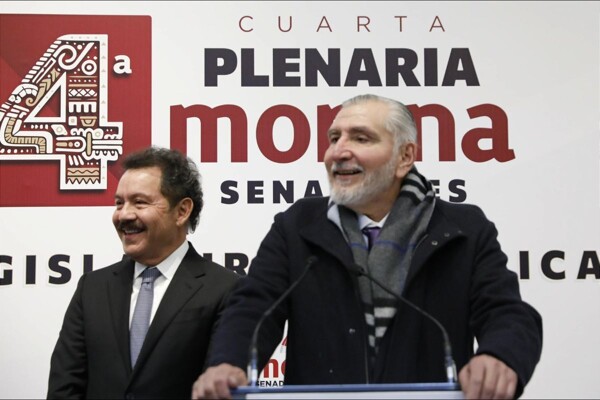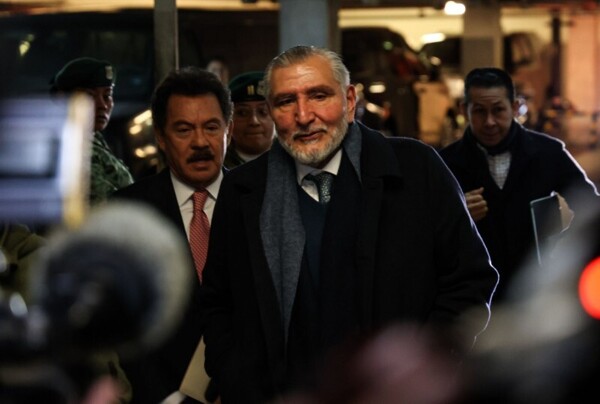
The radicalization of the Trump administration has led to an increase in negotiation costs for the Mexican government. Furthermore, the recent public pressure exerted on the Ukrainian president had unexpected consequences, placing Zelenski and the European Union in a high-risk zone.
Amid this situation, an internal rebellion has erupted in Mexico. The political reform initiative aimed at combating reelection and nepotism could be delayed until 2030, while some politicians are already planning future candidacies based on family connections.
This situation highlights that, despite initial intentions, particular interests are conflicting with the government's narrative. Loyalty to the leader faces ideological and political discrepancies within the obradorista movement, leading to internal tensions and political opportunism.
Trump's threats not only directly affect Mexico but also generate nervousness and negotiation opportunities among various internal political actors. In this scenario, the Mexican government's ability to cope with external pressures and effectively resolve internal conflicts is being questioned.
There is a need for a deep analysis of the current situation, which goes beyond negotiation strategies with the United States. The realpolitik imposed by Trump poses challenges both internationally and domestically, requiring a detailed reflection on the future of Mexican politics and its relationship with the northern neighbor.














